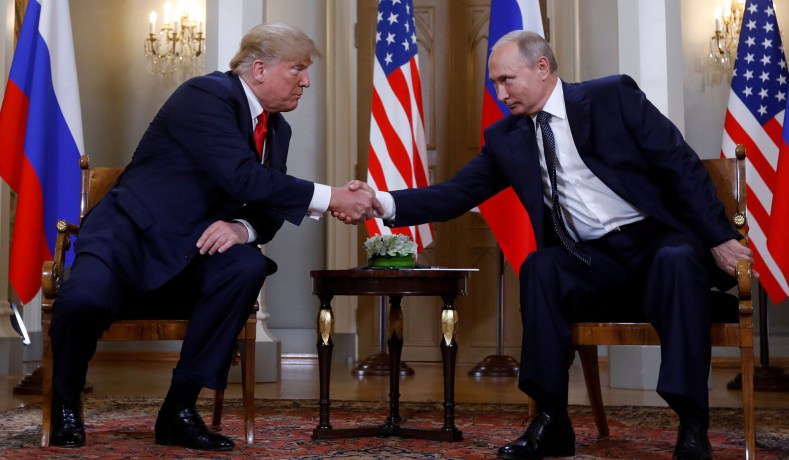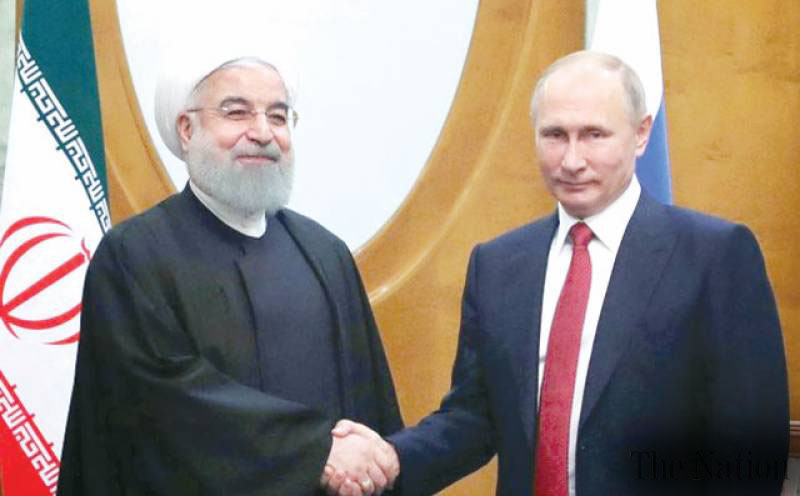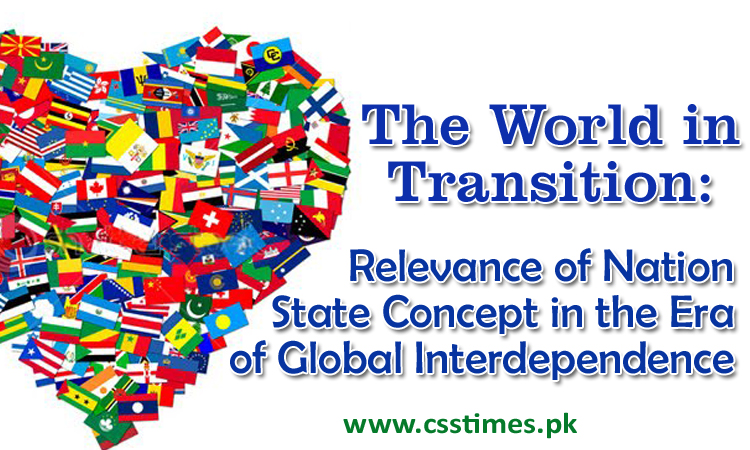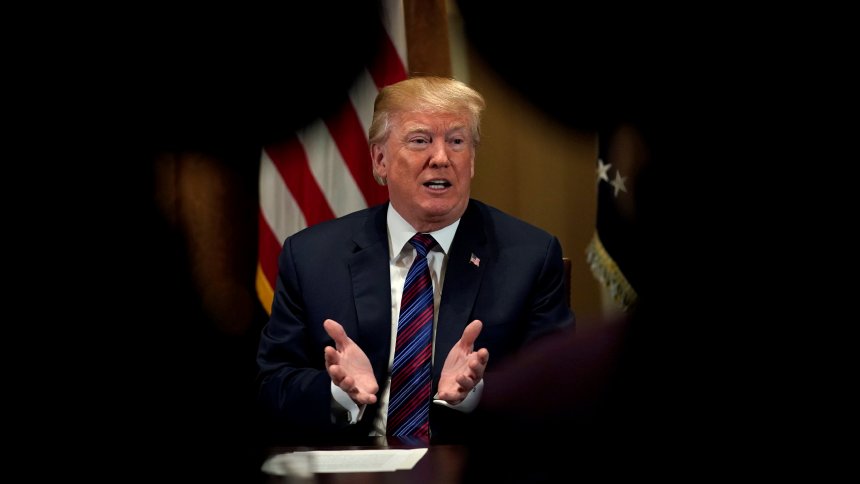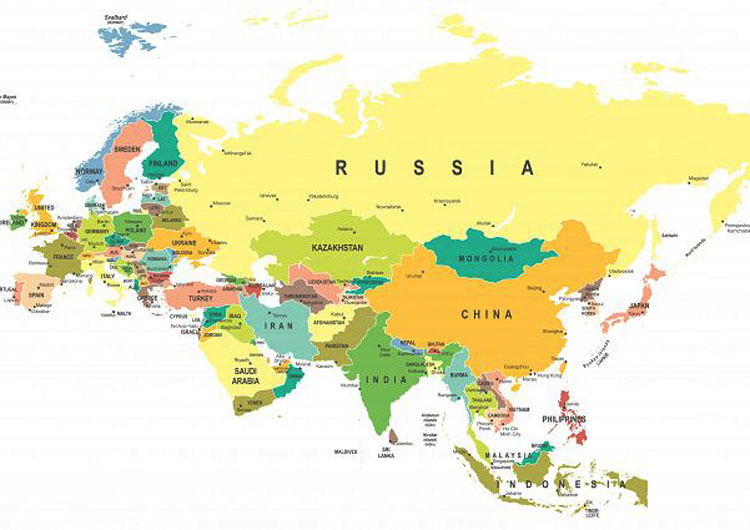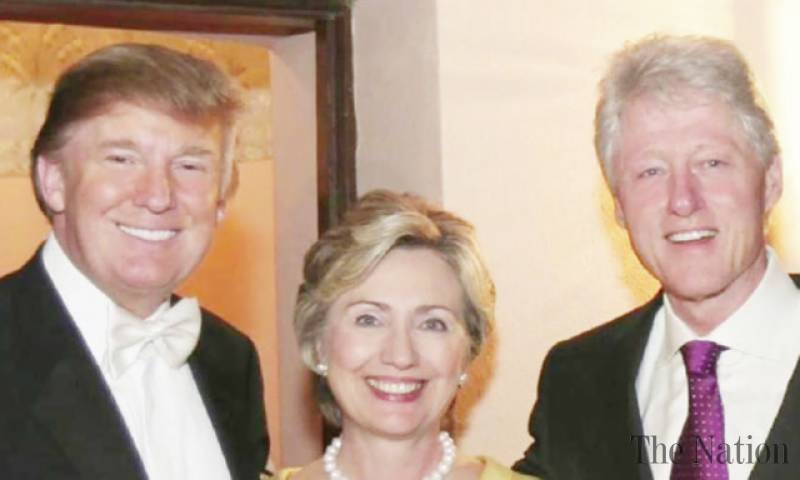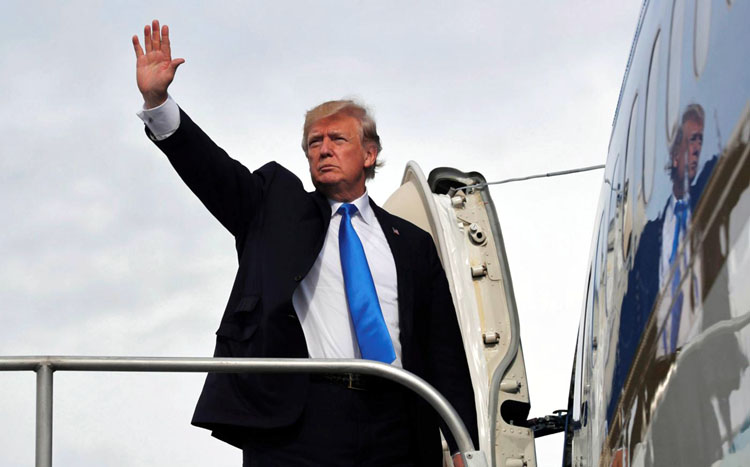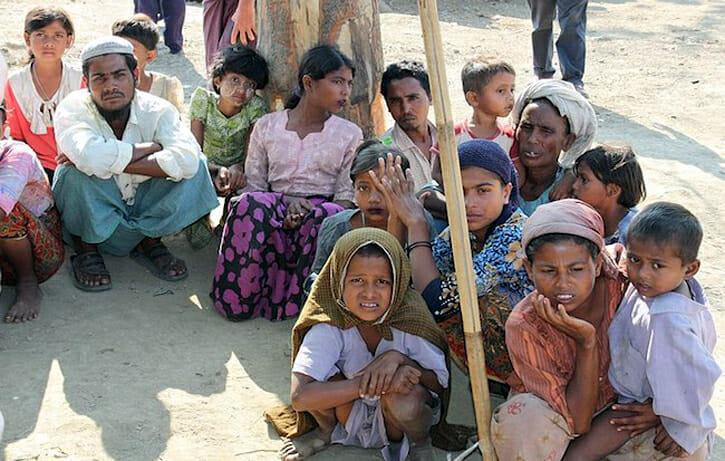The open secret—even among those towing Trump’s line—is that the Taliban deal will bring an American exit but not peace.
by Michael Rubin
The U.S. war in Afghanistan is winding down, and Pakistan has won. The basic outline of the agreement negotiated by U.S. Special Envoy Zalmay Khalilzad is nothing new: The United States withdraws its forces in exchange for a Taliban pledge not to associate with terrorism or allow Afghanistan to be used as a safe-haven for terror groups.
There problems with the agreement are many. Proponents of diplomacy with the Taliban often say that wars can only end through diplomacy. “You don’t make peace with your friends. You have to be willing to engage with your enemies if you expect to create a situation that ends an insurgency,” Secretary of State Hillary Clinton explained. But the agreement outlined by Khalilzad is little different from that which Clinton administration officials struck with the Taliban in the years prior to 9/11: At the time, the Taliban promised to foreswear terrorism and quarantine Al Qaeda leader Osama Bin Laden. The subsequent terrorist attacks in New York and Washington underscored their insincerity. Perhaps the Taliban have changed, but not necessarily for the better, as the uptick in attacks throughout Khalilzad’s negotiations show. In many ways, President Donald Trump and Khalilzad seem to have embraced the John Kerry school of diplomacy, in which desperation for a deal substitutes for bringing leverage to bear and credibly convincing adversaries that failure to bargain will mean for them a far worse fate.
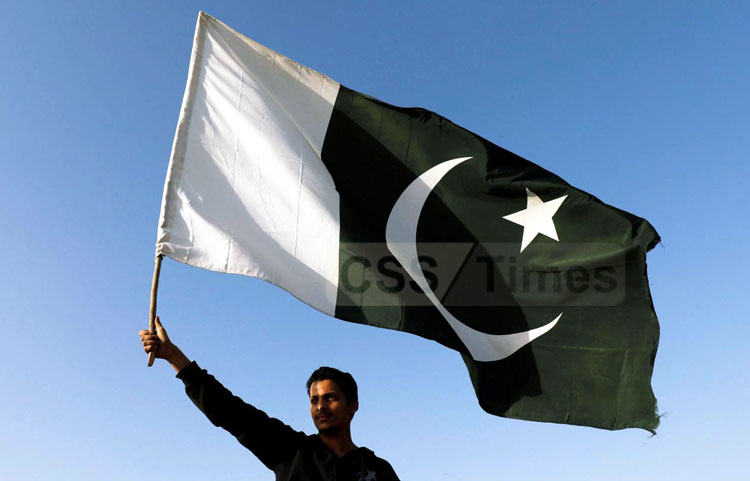
![PM Imran Khan's Article on Kashmir in New York Times [Complete Text]](https://www.csstimes.pk/wp-content/uploads/2019/08/PM-Imran-Khans-Article-on-Kashmir-in-New-York-Times-Complete-Text.jpg)
